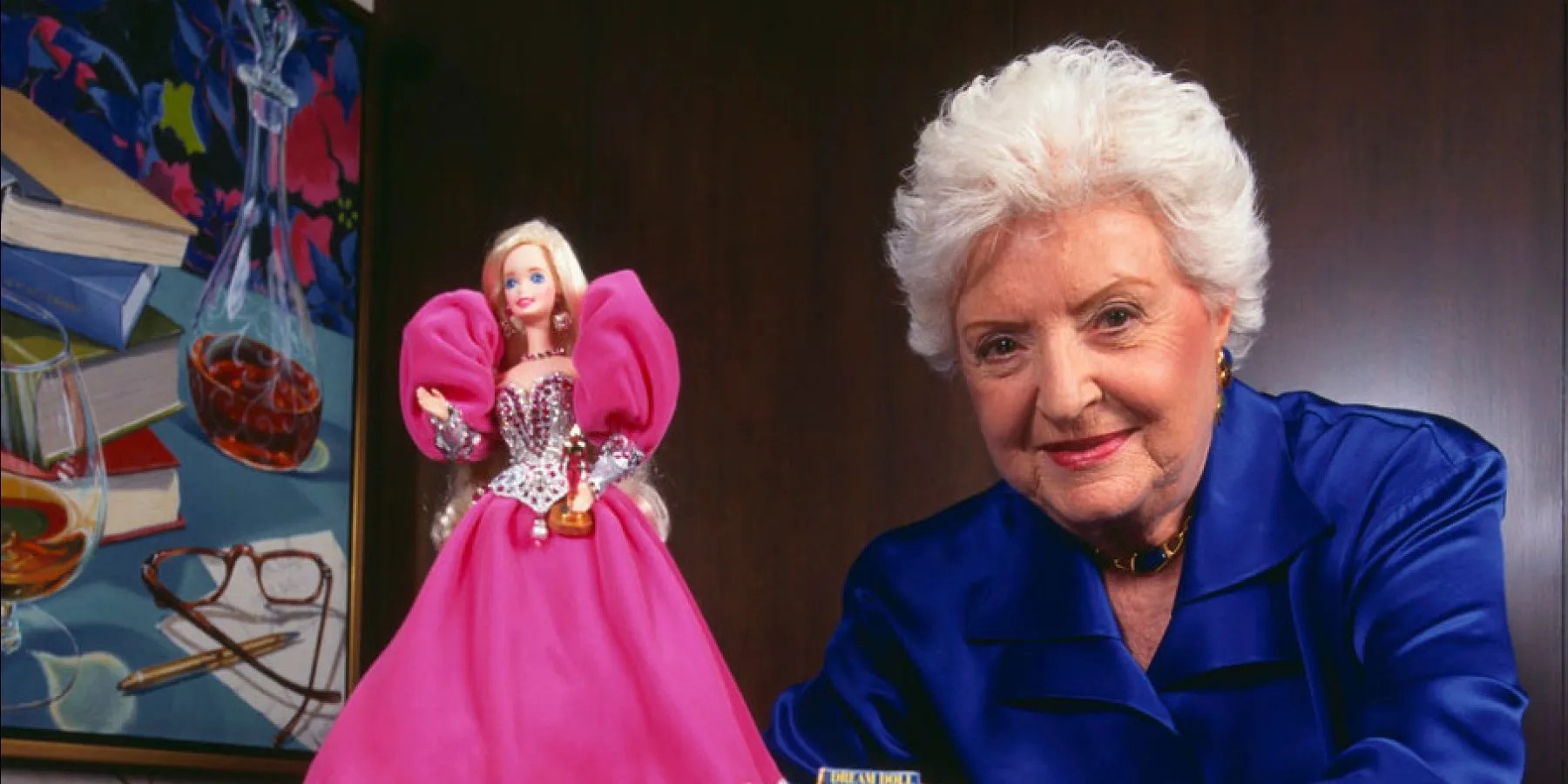When Barbie debuted in 1959, she transformed the landscape of children's toys forever. Unlike traditional dolls that represented infants and encouraged nurturing roles, Barbie presented young girls with limitless possibilities. With her adult-like features and varied career options, she invited children to imagine future aspirations beyond domesticity. Barbie was not just a toy; she was a symbol of empowerment that challenged gender norms.
Ruth Handler, the brilliant mind behind Barbie, faced significant opposition as she developed this iconic doll. She defied expectations by promoting a toy that embodied aspirations for girls, emphasizing that they could envision themselves in diverse roles. Handler's journey reflects the complexities of gender, beauty standards, and personal struggle, creating a powerful narrative that resonates even today.
In this article, we will delve into Handler's life, the creation of Barbie, and the enduring legacy of this beloved doll. We'll explore how Barbie not only revolutionized play but also sparked discussions around feminism and body image, shaping the way girls perceive themselves and their futures.
Ruth Handler: A Trailblazer in the Toy Industry
Ruth Mosko Handler was born in Denver, Colorado, in 1916 to Polish-Jewish immigrants. The youngest of ten children, she followed her dreams to Los Angeles at the age of 19, challenging societal norms of her time. In Hollywood, she married Elliot Handler, and together they launched their own business, which would eventually evolve into Mattel, the company behind Barbie.
Handler's vision for Barbie stemmed from her experiences as a mother. Observing her daughter Barbara play with paper dolls that represented adult figures, Handler realized that young girls craved more than just baby dolls. They wanted to explore different identities and potential futures, leading to the creation of a doll that embodied those aspirations.
| Personal Details | Information |
|---|---|
| Name | Ruth Mosko Handler |
| Date of Birth | November 4, 1916 |
| Place of Birth | Denver, Colorado, USA |
| Date of Death | April 27, 2002 |
| Occupation | Toy Designer, Businesswoman |
| Notable Achievement | Creator of Barbie Doll |
The Creation of Barbie: A New Standard for Dolls
Barbie's launch was revolutionary. Unlike previous dolls designed to represent infants, Barbie encouraged girls to envision their futures, embodying a variety of roles from fashion designer to astronaut. Handler believed that every girl should be able to dream big and see herself as anything she wanted to be. This perspective was radical for its time and paved the way for a new type of toy that focused on empowerment.
Handler faced significant pushback from male executives at Mattel, who were skeptical about marketing an adult-figured doll to children. Despite resistance, Handler's determination prevailed; Barbie quickly became a commercial success, flying off the shelves and solidifying her place in toy history. Handler’s innovative ideas set a new standard for dolls, fostering creativity and ambition in young girls.
Barbie's Impact on Society and Feminism
Barbie has often been at the center of debates regarding body image and the influence of toys on young girls. Critics have argued that her unrealistic proportions could negatively impact self-esteem. However, Handler famously stated, “I cannot believe that the doll causes that,” emphasizing that many factors contribute to body image issues. She believed Barbie was a tool for imagination, not a cause of insecurity.
Over the decades, Barbie has evolved to reflect changing societal norms and values, introducing dolls of various ethnicities, body types, and professions. This evolution showcases the brand's commitment to inclusivity and empowerment, aligning with the broader feminist movement. Barbie continues to inspire girls to break barriers, pursue their passions, and embrace their individuality.
Ruth Handler's Legacy and Lasting Influence
Ruth Handler's contributions to the toy industry extended far beyond Barbie. Through her innovative ideas and determination, she reshaped the landscape of children's play, encouraging girls to aspire to greatness. Handler's journey was also personal, as she faced numerous challenges, including her battle with breast cancer and her role in founding Nearly Me, a prosthetic breast company.
Handler's legacy is one of resilience and empowerment. She proved that one woman could make a significant impact on society, paving the way for future generations of female entrepreneurs and innovators. Today, Barbie remains a cultural icon, embodying dreams, aspirations, and the belief that girls can be anything they want to be.
As we celebrate the release of the new Barbie film, we reflect on the enduring influence of Ruth Handler and the beloved doll she created. Barbie continues to inspire and challenge societal norms, reminding us that play can be a powerful vehicle for change.




